 Popular television shows, such as Frozen Planet, have reached half of the UK’s adult population and made them curious to learn more. However, the programmes co-produced by the Open University won’t count towards an impact score. Tim Blackman illustrates the university’s work on impact for public benefit and calls for a wider definition of impact to include this.
Popular television shows, such as Frozen Planet, have reached half of the UK’s adult population and made them curious to learn more. However, the programmes co-produced by the Open University won’t count towards an impact score. Tim Blackman illustrates the university’s work on impact for public benefit and calls for a wider definition of impact to include this.
The Open University, the UK’s largest university, spends around £50m a year on research from our £450m per annum income. So although a large commitment in absolute terms, our research is a relatively small proportion of our total expenditure – something you might assume is reflected in our impact.
Not so. Our impact has reached almost half the adult population of the UK as well as around the world – including hundreds of thousands of teachers and healthcare workers in Africa – but it is the impact of education.
An odd aspect of the REF is that the impact of university research on teaching and student experience in the same university does not count. If that is of value, students by and large will be expected to pay for it with their fees in a marketised higher education system. The publicly funded research they will later pay for with their taxes is not rewarded for having an impact on how they are taught and what they learn.
Impact on teaching and learning beyond the originating university, though, does potentially count as REF impact. As a distance learning university, the OU invests considerable resources in making its course materials of the very highest quality, with the result that they are extensively used beyond the OU. We do not track this systematically, nor can we easily trace our materials back to specific research outputs since they are produced by teams, and draw on and synthesise many inputs. We know, however, that our scholarship travels widely.
This is not just because this scholarship serves the students registered on our courses, which in itself is an extraordinary reach across a student population nearly as representative as the UK adult population as a whole. It is because we share our scholarship with millions of people who watch TV, listen to the radio and surf the web.
The OU co-produces up to 25 TV and radio series with the BBC every year, mostly in prime time, and generating around 150 million views. Our presence on YouTube has generated over 9 million video views, 75 per cent from outside the UK. Our iTunes U collections are heading for 50 million downloads – all free.
This, however, seems unlikely to be impact that will give us a 4* profile in the REF, because people switching on their television sets to learn about climate change is regarded as dissemination rather than impact, at least not of the type that fits easily into a REF case study template.
We would need to show who among the 22 million viewers of Frozen Planet then went out and did something to change the course of planetary warming – a ‘distinct and material’ contribution.
Maybe they do and maybe they don’t. We know from our survey work that most report they have learned something new, and 300,000 people followed up their interests in environment and ecology online with the OU. Our job has been to educate and to inform these programmes with our academic expertise, and encourage learning. There is a ‘call to action’ at the end of all our TV and radio programmes, such as to order a poster or take a free on-line module from our OpenLearn web site, visited over 20 million times since its launch in 2006.
This work is often informed by excellent research, both from the OU and other universities (we value and use both) but it is more accurately described as an outcome of scholarship. This is driven not by a desire to appear in highly ranked but low circulation academic journals, but by a mission to reach millions of people with opportunities to learn that can take them to the leading edge of human knowledge, which is why our research base is so important – and also an open resource at Open Research Online.
The OU receives no specific funding for this public service commitment; we fund it from a small proportion of the teaching income received from our registered students and course materials. The output attracts students, many of whom do not have the qualifications needed to enter selective universities, but who go on to achieve worthwhile and useful qualifications. But that is not the sole or even main reason we do it. We do it for impact or – to be more explicit – public benefit.
The impact case studies for the REF are engaging academics in telling the best stories they can about the benefits that have arisen from their research, and the OU has many such stories. Our real impact, though, is to be ‘open to people, places, ideas and methods’, deploying our scholarship to reach as many people as possible as the UK’s most democratic university.
We participate in exercises like the REF to show that democratic rather than elitist higher education does not come at the cost of scholarly excellence. Our RAE 2008 results demonstrate that. But if the REF continues to concentrate research funding in the most academically selective institutions, using such a narrow definition of impact, then the pioneering vision that created the OU as a teaching and research university for everyone could itself be under threat.
Note: This article gives the views of the author(s), and not the position of the Impact of Social Sciences blog, nor of the London School of Economics.




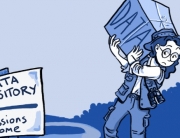

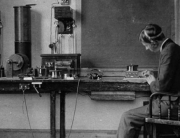
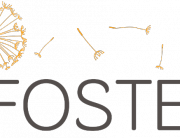

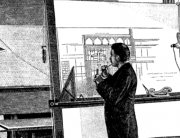

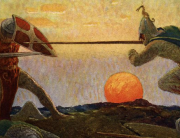


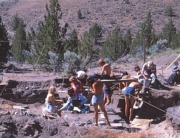



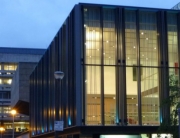
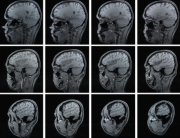
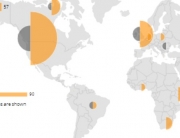

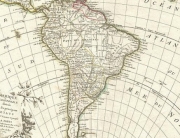
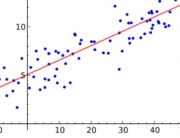

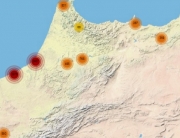
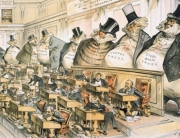


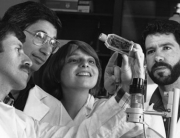

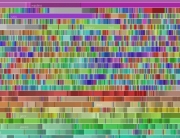
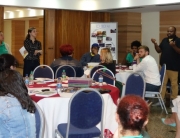
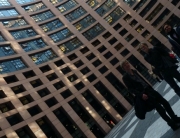


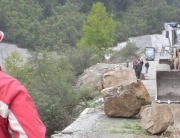


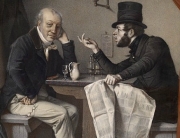








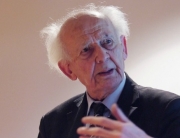
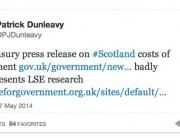



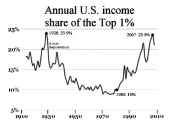


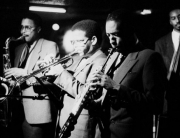
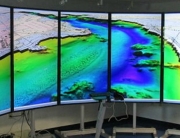

















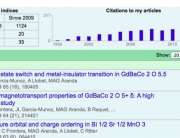




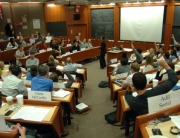


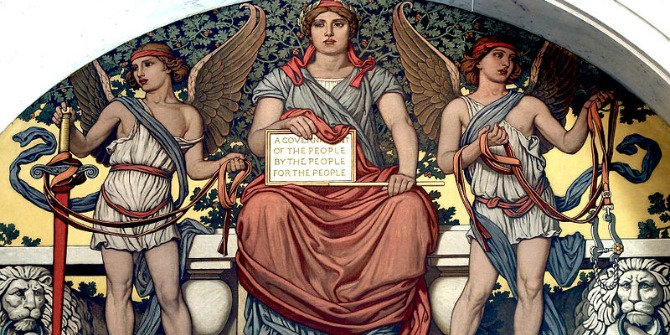

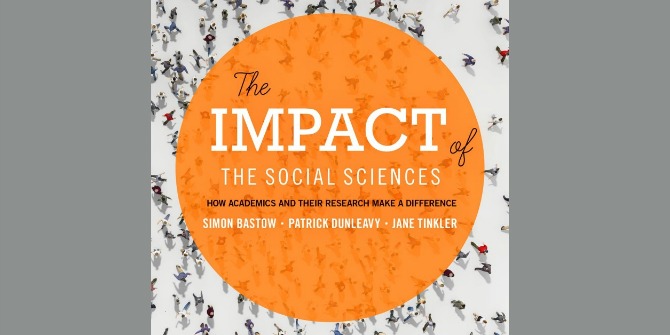
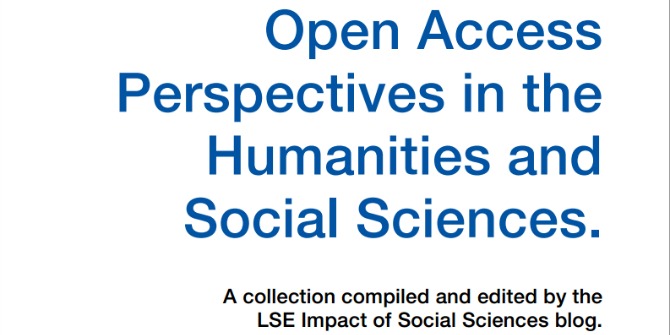
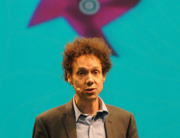














It is certainly possible that I am misunderstanding something about the REF. But I don’t see its definition of impact as unduly narrow. Here it is, as I understand it (perhaps this has been changed without my knowledge):
“For the purposes of the REF, impact is defined as an effect on, change or benefit to the economy, society, culture, public policy or services, health, the environment or quality of life, beyond academia.”
It is not the case, as you claim, that “We would need to show who among the 22 million viewers of Frozen Planet then went out and did something to change the course of planetary warming.”
The language of the ‘distinct and material’ contribution of research to impact refers to the argument that must be made showing that the research “underpins” the impact. The point is to show that there is a connection between the research and the impact. And the impact is merely an effect on the larger society of academic research.
So, I don’t see the REF’s definition of impact as the problem. I think, instead, that you have an overly narrow (and unreasonable) interpretation of the REF’s definition of impact. I would think you would be licking your lips at the opportunity the REF affords you.
[...] Millions of citizens have benefited from our educational programmes: There must be more to impact th…. Tweet This entry was posted in Accountability, Broader Impacts, Future of the University, Metrics, Peer Review. Bookmark the permalink. ← The Future of the European University – WorldWise – The Chronicle of Higher Education [...]